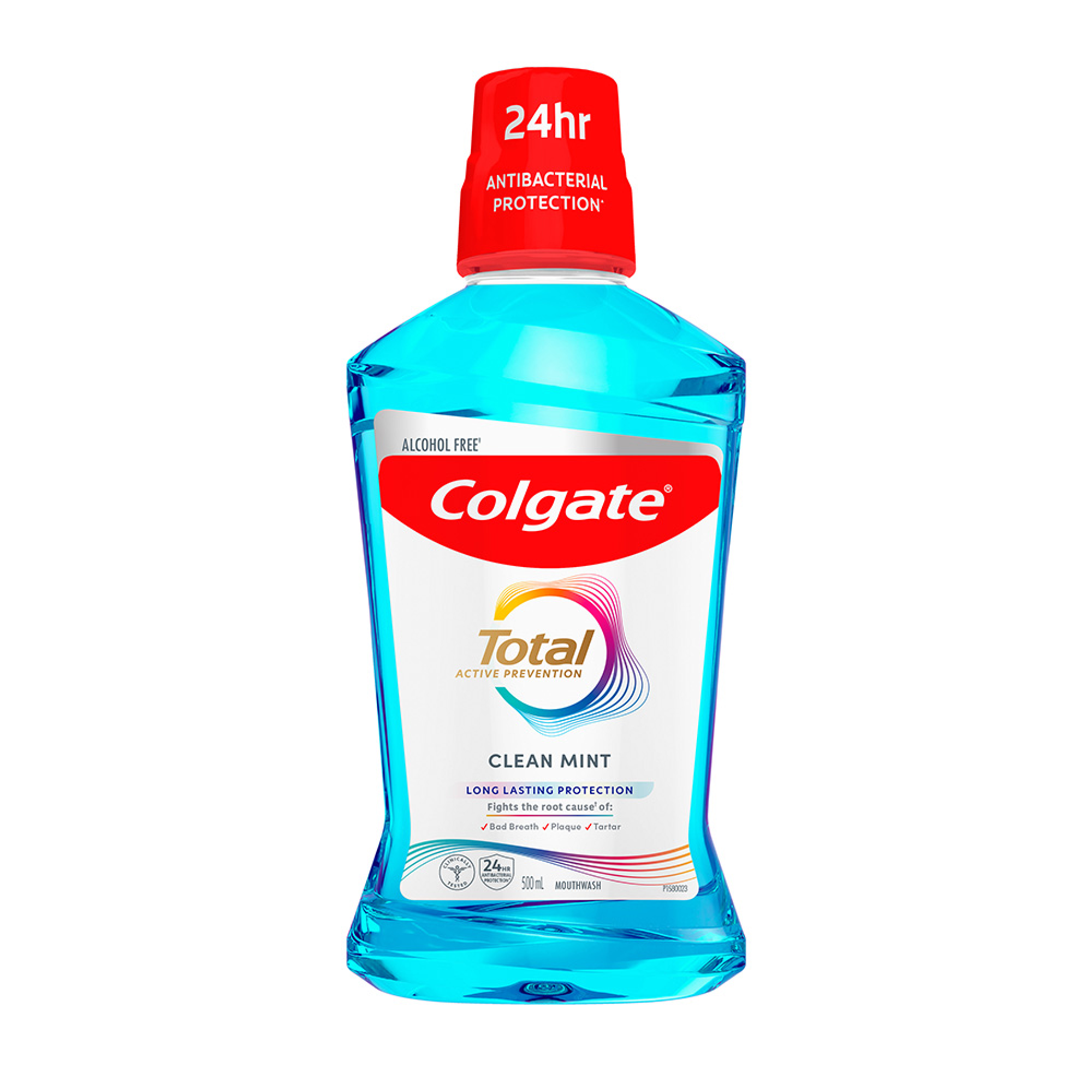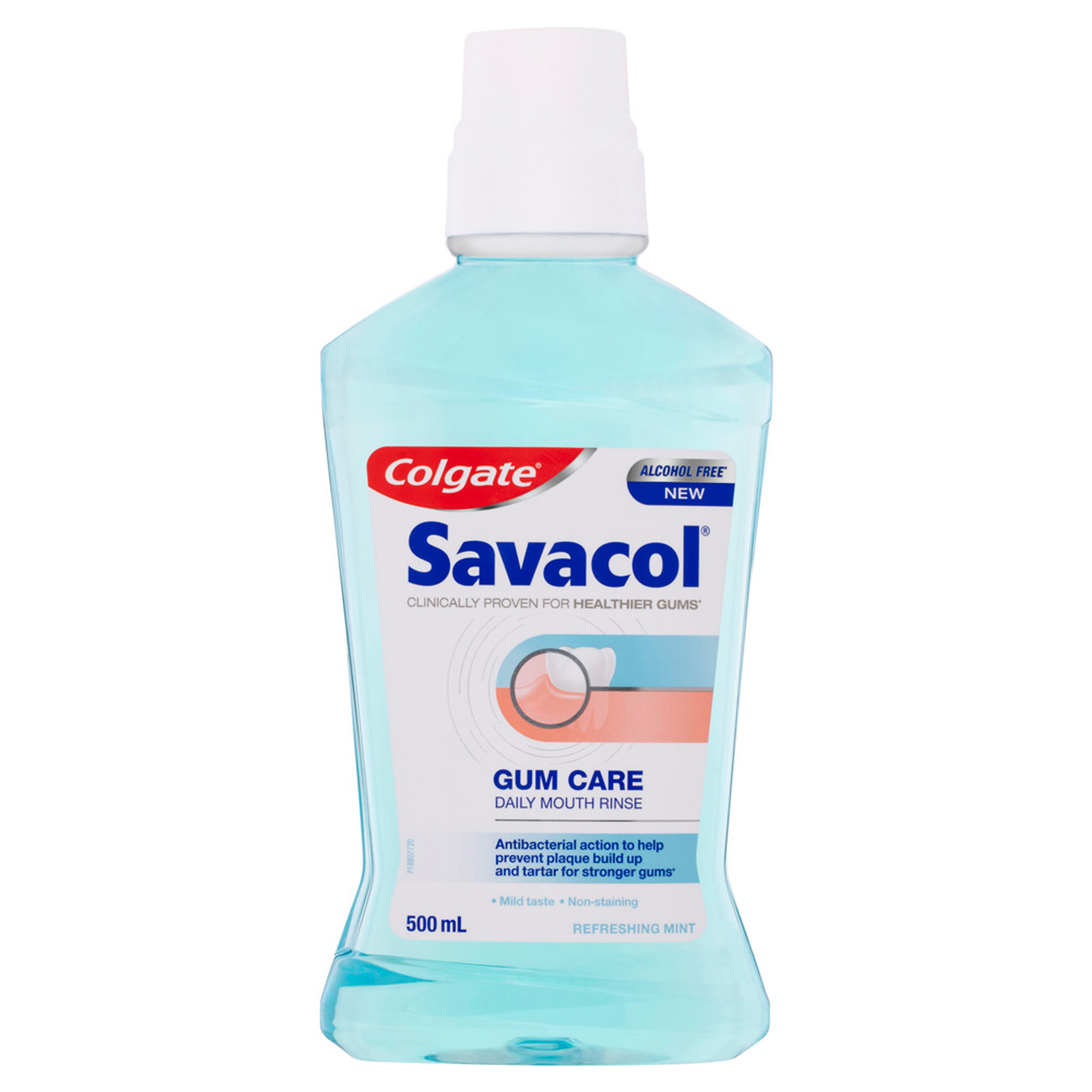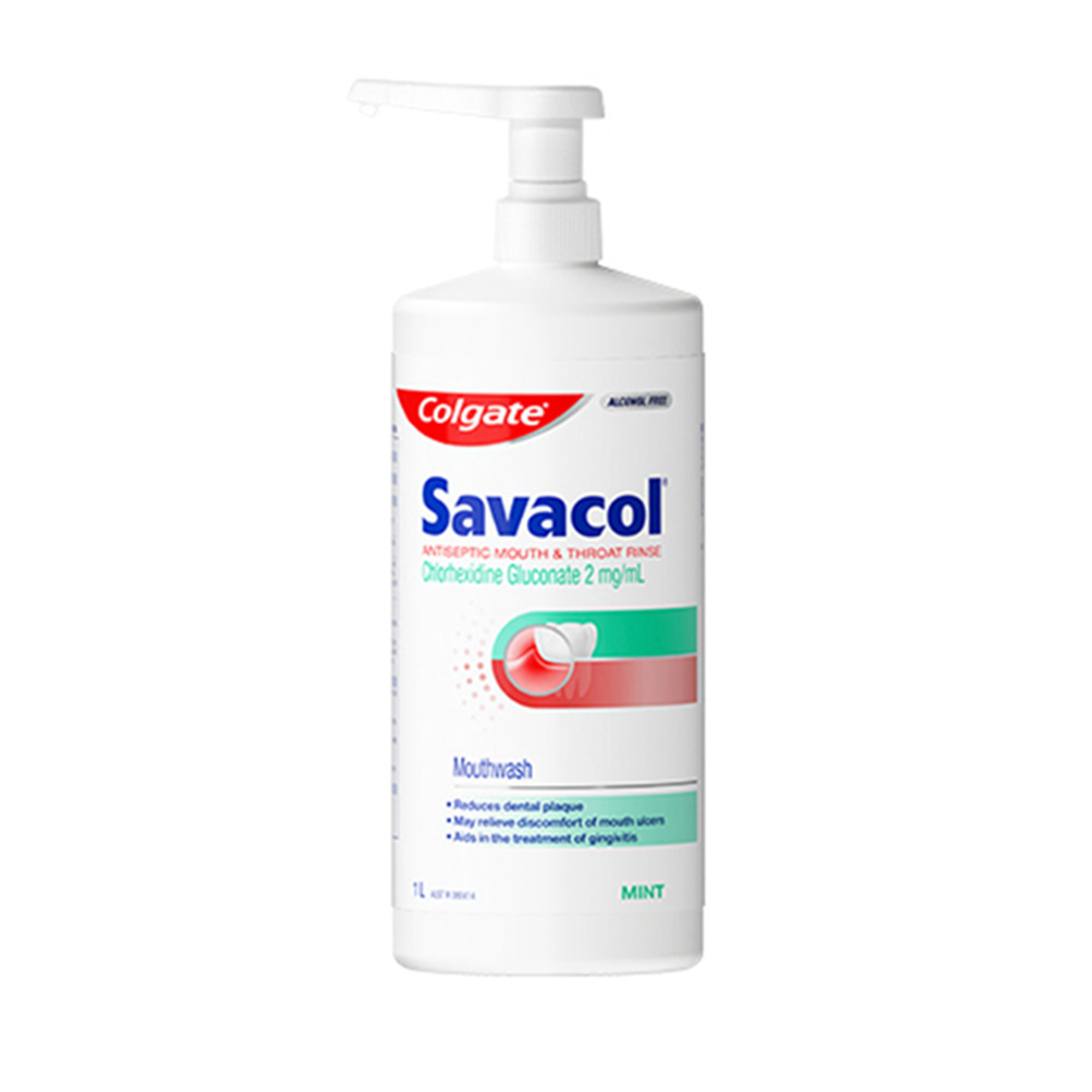KEEPING YOUR CHILD HEALTHY AND SMILING
ONLY TWO SETS OF TEETH TO LAST A LIFETIME!
By 3 years of age your child will have all 20 primary (baby) teeth. These teeth are important for many reasons and need to be taken care of until the adult teeth replace them. Tooth decay in the primary teeth can mean your child is more likely to get tooth decay in their permanent (adult) teeth.
From about 6-12 years of age your child will lose all of their baby teeth as their permanent teeth erupt into their mouth. These permanent teeth need to last 70-80 years! With a little daily attention to oral care and diet from an early age, your child can have healthy teeth for a lifetime.
TOOTH BRUSHING
Plaque is the sticky, soft layer of bacteria that forms on teeth every day. Plaque needs to be removed each day to help prevent tooth decay and gum problems. Studies show that brushing twice a day reduces the risk of tooth decay much more than just brushing once a day. Brushing before bedtime is especially important.
Children should be encouraged to brush their own teeth, however, they do not have the coordination to use a toothbrush properly until they are about 8 or 9. For this reason, parents or carers need to assist with thorough brushing at least once a day.

TOOTHPASTE
Fluoride protection against tooth decay is needed throughout life. Using fluoride toothpaste twice a day is one of the most effective ways for you and your children to stay decay free. Fluoride in toothpaste makes teeth more resistant to the acids produced after eating or drinking.Fluoride also helps put back minerals that are lost from the teeth and can even reverse the early stages of tooth decay.
WHEN DO PERMANENT TEETH ERUPT?

TOOTH FRIENDLY DIET
Eating patterns are just as important as the types of foods and drinks children have. The risk of tooth decay can increase if children eat too often throughout the day.
Saliva is the body’s natural defence against tooth decay – constantly replacing the minerals in teeth and washing away acids. To give saliva enough time to work you need to give teeth a rest and limit the number of times your child eats throughout the day.
A general rule is to limit eating times to 3 meals and 2 snacks each day.
‘TOOTH FRIENDLY’ FOOD AND DRINK TIPS
- Encourage healthy snacks such as dairy products, fruits and vegetables and unsalted popcorn in place of sugary snacks
- Keep healthy snacks readily available for children Drink tap water
- Limit the intake of sugary or acidic drinks such as soft drinks (diet and regular), sports drinks, fruit juices, fruit drinks, cordials – don’t sip on them too long and limit how often you have them
MAKE DENTAL VISITS A GOOD EXPERIENCE
Start regular dental visits within 6 months of the eruption of the first tooth. Encourage a positive attitude towards dental visits by following these tips:
- Make appointments at times when your child will not be tired
- Treat the visit as routine – don’t make the visit the high point of the day
- Avoid using negative words such as drill, hurt or needle
- Answer questions honestly, but not too specifically. Dental professionals have special ways of explaining procedures to children.
ADDED FLUORIDE PROTECTION
If your child is at risk of decay, a dental professional may recommend some additional fluoride products. These may be applied in the clinic, such as fluoride varnish, or at home. These products will help give your child more protection against tooth decay.
DENTAL SEALANTS
One of the first adult teeth to appear in the mouth is the “6 year old molar”. These teeth need to last a lifetime! The chewing surfaces of molar teeth have pits and grooves that trap plaque and can be impossible to clean thoroughly. Dental sealants are applied by the dental professional. They fill the pits and grooves in the tooth with a plastic that prevents plaque from getting trapped and makes the tooth’s surface smooth.
If your child has deep pits and grooves in other teeth, your dental professional may advise you that sealants in other teeth may be of benefit. Dental sealants don’t last forever. If part of the sealant breaks off or is worn away, tooth decay can start. Regular dental visits will allow the dental professional to keep an eye on sealants.
THUMB AND FINGER SUCKING
Babies have a natural sucking reflex that begins before birth. They often find it very soothing to suck a thumb, finger or dummy. For some children prolonged sucking habits can cause the front teeth and the surrounding bone to be pushed out of shape. Luckily, most children stop the habit on their own. If the habit continues into the preschool years, your dental professional will be happy to provide advice.
THE PERFECT SMILE
Very few people naturally have teeth that are perfectly straight. Poorly positioned teeth may cause harm and concern about appearance. Teeth that are not in the correct position may:
- Be difficult to keep clean and this can lead to tooth decay or gum problems.
- Make chewing more difficult
- Cause damage and wear to the teeth
In many cases, orthodontic treatment (braces) cannot take place until all of the permanent teeth are in the mouth – after age 12, however, in other cases, earlier orthodontic treatment may help to prevent more serious problems from occurring or make later treatment simpler. If you are concerned about the appearance of your child’s teeth talk to your dental professional.
SPORTING INTERESTS
- Many children start playing sport in primary school.
- Active children will become thirsty during their sport so encourage them to drink plenty of water before, during and after sports.
- Discourage the use of sports drinks or energy drinks by young athletes as most contain sugar, which causes tooth decay.
- If your child is involved in any contact sport, make sure they wear a professionally made mouthguard to protect their teeth.
Join us
Get resources, products and helpful information to give your patients a healthier future.
Join us
Get resources, products and helpful information to give your patients a healthier future.











